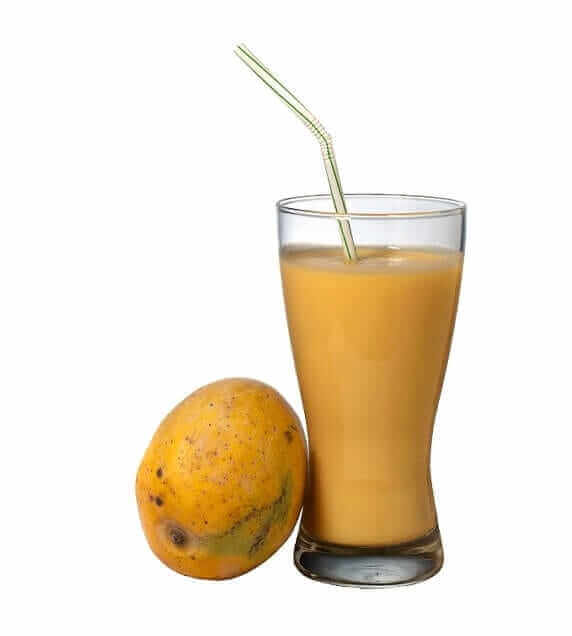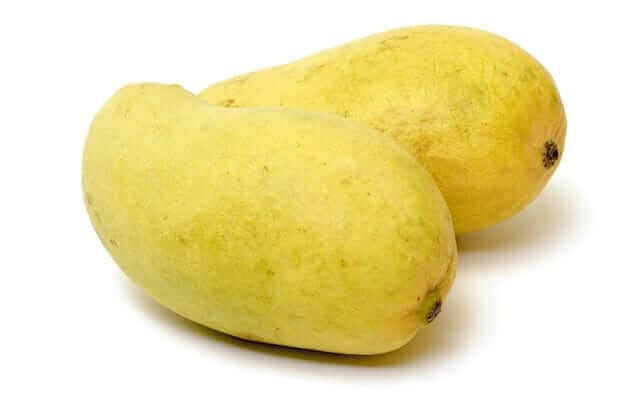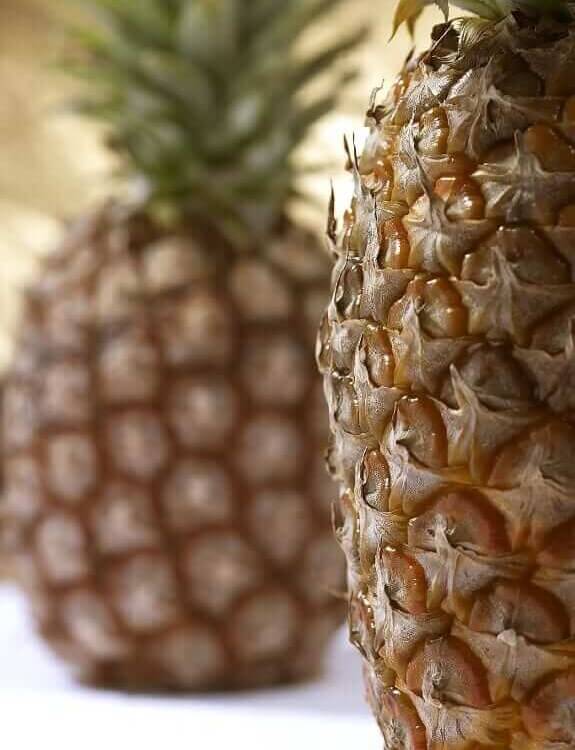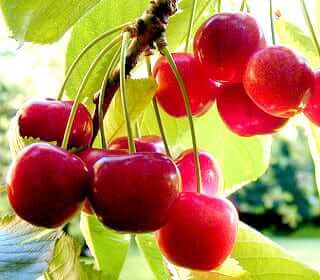Benefits of Mango on Your Health
It is known as the mango in many continents, but in its native Asian countries like the Philippines, it is called “mangga”. Mango or mangga is widely eaten around the world because of the wonderfully soft, sweet flesh. Whether it is a salad or jam, many can’t get enough of this flavorful, tropical fruit. Learn…
This post may contain affiliate links. Please read our disclosure policy.
It is known as the mango in many continents, but in its native Asian countries like the Philippines, it is called “mangga”. Mango or mangga is widely eaten around the world because of the wonderfully soft, sweet flesh. Whether it is a salad or jam, many can’t get enough of this flavorful, tropical fruit. Learn about the types of nutrients found in Mango and how to add it to your menu.
Types of Nutrients in Mango
The good news for Mango-lovers is that the flesh of this fruit has a lot of nutritional value. Mango is an exceptional carrier of vitamin C, supplying as much as 100% of the required daily dose. Vitamin A comes in at a close second, providing 35%, followed by vitamins B and K. It also contains plenty of folic acid, potassium and copper.
Mango and Disease Prevention
Vitamin C is invaluable to the body because it helps to block out bacteria and molecules that birth diseases. This powerful vitamin also targets and eliminates free radicals that are already spreading inside the body to help you fight and recover from illnesses like cancers, hypertension, age-related conditions, diabetes and asthma.
Pregnant women can improve the health of unborn babies by eating mangga. Folic acid and vitamin K are especially advantageous because they reduce the risk of birth defects in fetuses. Vitamin K encourages healthy mental activity, which can help babies develop the necessary mental faculties.
Mango and the Heart
There are only a few minerals that can do for you what potassium does for the heart. To put it plainly, potassium keeps your heart pumping, which makes it necessary for life. If you don’t get enough of this mineral, your chances of suffering from hypertension, stroke and heart attacks are high. Therefore, aim to eat mineral-dense foods like the Mango as often as possible.

Mango and Weight Loss
As it often occurs with weight loss, many people have cravings for sugary foods, especially between meals. If you frequently encounter this problem, eating a Mango can help you control your appetite and give you a sweet treat to enjoy before your next meal. A medium-sized Mango has about 100 calories, which is the recommended calorie count for snacks. The fruit also has a few grams of fiber that can tame your hunger and sugar to revitalize your energy.
Mango and Skin/Hair/Eye Care
It is very common for brands to have one vitamin or another infused into hair and skin products. Although these products might make a temporary difference to the appearance of your skin and hair, the best way is through a nutrient-rich diet. The Mango fruit, for example, contains vitamins A, C and copper, which can add collagen to your skin, restore dull hair and enhance your eyesight naturally.
The benefits of the Mango fruit are undeniable. It is one of the tastiest fruits worldwide; it is low in calories and is loaded with significant amounts of nutrients. You can purchase mangga from local fresh produce vendor and mix it into salads, juices, jam, baked treats, dairy and so much more.




Leave a Comment